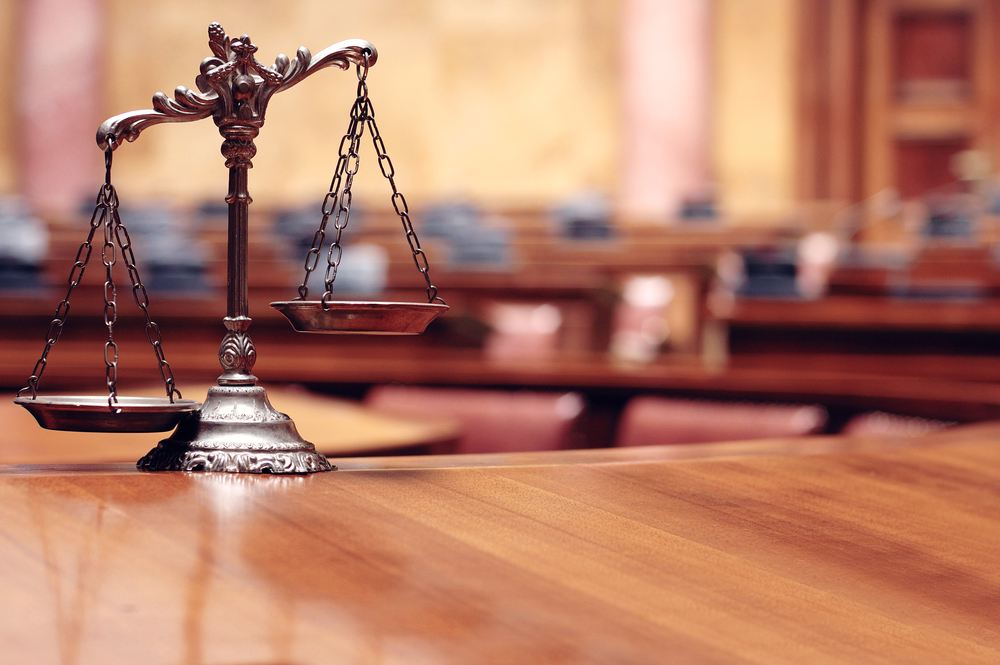 During his first months in office, President Trump has complained about people in government leaking sensitive or secret information to the news media. He has at times suggested news media should be prosecuted for publishing secret information.
During his first months in office, President Trump has complained about people in government leaking sensitive or secret information to the news media. He has at times suggested news media should be prosecuted for publishing secret information.
Is that likely? History gives one example to consider.
Before the Pentagon Papers, the U.S. government’s most significant prosecution of a news media outlet occurred during World War II, arguably at the height of danger to our national security. It was the first time that the government tried to pursue charges against a major media outlet for publishing classified information under the Espionage Act.
New documents about the case were published this fall by the National Security Archive, which posted previously sealed documents about that case involving the efforts of the FBI, Justice Department, and Navy to charge the Chicago Tribune with damaging national security.
Here’s what happened. In 1942, the government took on the Tribune for printing an article stating that the U.S. Navy had advance knowledge of Japanese plans to attack Midway Island. The government’s argument was that the article indirectly alluded to the fact that the United States had broken Japan’s naval codes, which was a highly sensitive secret.
But a grand jury refused to indict the Chicago Tribune, and ultimately, the U.S. government dropped the case.
The Navy had decided not to allow public testimony because it likely would increase the chances of Japan realizing its codes had been compromised. And senior officials were doubtful that the Tribune had knowingly acted improperly.
So, can the U.S. government prosecute the media for publishing leaks and sharing secrets? The question is particularly relevant today as the Trump administration threatens to crack down on both leakers of confidential information and the news media that publish the leaks.
Just remember: although the 1942 Tribune case is not the only attempt, the government has tried before—and failed—mainly because prosecution would draw more attention to the leaks.